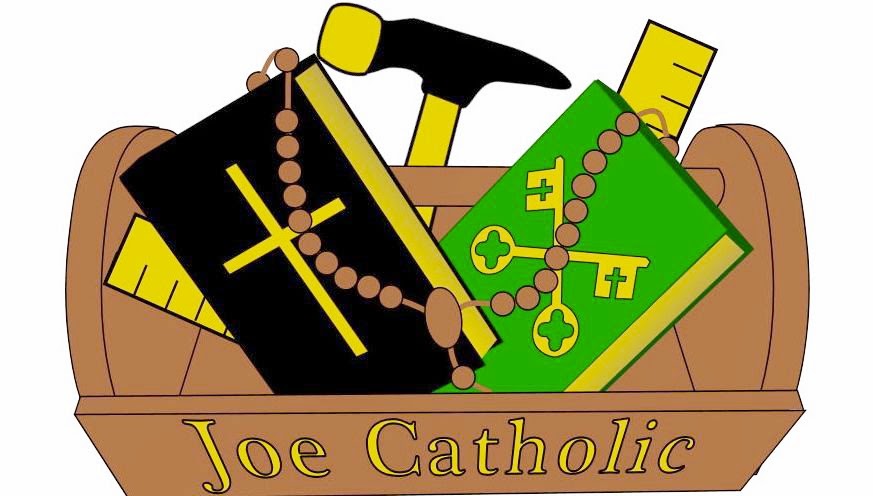 |
| Source: Ultimate Bible Picture Collection |
Saturday, August 31, 2013
21st Week in Ordinary Time
Matthew 25:14-30
The Parable of the Talents
(Jesus said to His disciples,) [14] "For it will be as when a man going on a journey called his servants and entrusted to them his property; [15] to one he gave five talents, to another two, to another one, to each according to his ability. Then he went away. [16] He who had received the five talents went at once and traded with them; and he made five talents more. [17] So also, he who had the two talents made two talents more. [18] But he who had received the one talent went and dug in the ground and hid his master's money.
[19] Now after a long time the master of those servants came and settled accounts with them. [20] And he who received the five talents came forward, bringing five talents more, saying, 'Master, you delivered to me five talents; here I have made five talents more.' [21] His master said to him, 'Well done, good and faithful servant; you have been faithful over a little, I will set you over much; enter into the joy of your master.' [22] And he also who had the two talents came forward, saying, 'Master, you delivered to me two talents; here I have made two talents more.' [23] His master said to him, 'Well done, good and faithful servant; you have been faithful over a little, I will set you over much; enter into the joy of your master.' [24] He also who had received the one talent came forward, saying, 'Master, I knew you to be a hard man, reaping where you did not sow, and gathering where you did not winnow; [25] so I was afraid, and I went and hid your talent in the ground. Here you have what is yours.' [26] But his master answered him, 'You wicked and slothful servant! You knew that I reap where I have not sowed, and gather where I have not winnowed? [27] Then you ought to have invested my money with the bankers, and at my coming I should have received what was my own with interest. [28] So take the talent from him, and give it to him who has the ten talents. [29] For to everyone who has will more be given, and he will have abundance; but from him who has not, even what he has will be taken away. [30] And cast the worthless servant into the outer darkness; there men will weep and gnash their teeth.'"
Commentary:
14-30. A talent was not any kind of coin but a measure of value worth about fifty kilos (one hundred pounds) of silver.
In this parable the main message is the need to respond to grace by making a genuine effort right through one's life. All the gifts of nature and grace which God has given us should yield a profit. It does not matter how many gifts we have re- ceived; what matters is our generosity in putting them to good use.
A person's Christian calling should not lie hidden and barren: it should be outgoing, apostolic and self-sacrificial. "Don't lose your effectiveness; instead, trample on your selfishness. You think your life is for yourself? Your life is for God, for the good of all men, though your love for our Lord. Your buried talent, dig it up again! Make it yield" (St. J. Escriva, Friends of God, 47).
An ordinary Christian cannot fail to notice that Jesus chose to outline his teaching on response to grace by using the simile of men at work. Here we have a reminder that the Christian normally lives out his vocation in the context of ordinary, everyday affairs. "There is just one life, made of flesh and spirit. And it is this life which has to become, in both soul and body, holy and filled with God. We discover the invisible God in the most visible and material things. There is no other way. Either we learn to find our Lord in ordinary, everyday life, or else we shall never find Him" (St. J. Escriva, Conversations, 114).
Source: The Navarre Bible: Text and Commentaries. Biblical text from the Revised Standard Version and New Vulgate. Commentaries by members of the Faculty of Theology, University of Navarre, Spain.
Published by Four Courts Press, Kill Lane, Blackrock, Co. Dublin, Ireland, and by Scepter Publishers in the United States. We encourage readers to purchase The Navarre Bible for personal study. See Scepter Publishers for details.
"Ignorance of Scripture is ignorance of Christ." -- St Jerome



_-_James_Tissot.jpg)














